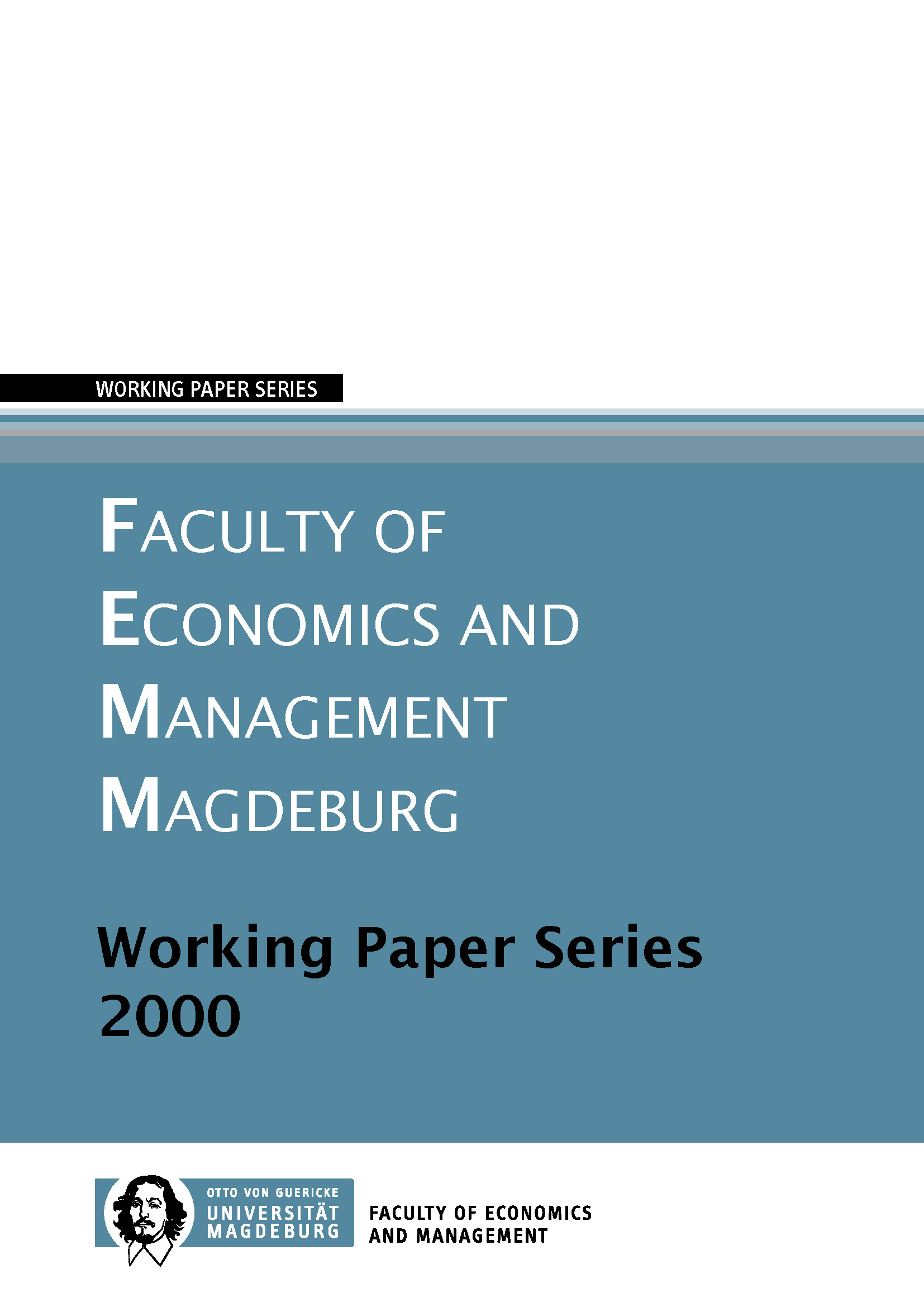Multiple options in dynamic product recovery systems
Schlagworte:
Reverse logistics, optimal control, deterministic inventory model, recovery optionsAbstract
Due to undesired environmental effects, limited availability of natural resources to manufacture now products, recovery quotas to avoid disposal, manufactures assigned to be responsible for returned products on the one hand and economic incentives on the other represent product recovery motives. Economic incentives especially arise, if a returned product can be upgraded an sold as a new product at lower costs compared to manufacturing a new product and disposing of the returned one. Since product returns and material requirements for production do not necessarily coincide, a co-ordination in terms of collecting and storing returned items is required. Most production and inventory management models for reverse logistics are restricted to stationary demand and return conditions which therefore can not address seasonal effects, product life cycle effects, and the dependency of returns on past sales. In our work, we focus on the determination of return collection and recovery time intervals under dynamic conditions. Additionally, returns can be used to satisfy several demand streams, i.e. there exist multiple recovery options. Production, recovery, and disposal is coordinated over time and the model is analyzed. within a control theoretic framework by applying Pontryagin's Maximum Principle.


